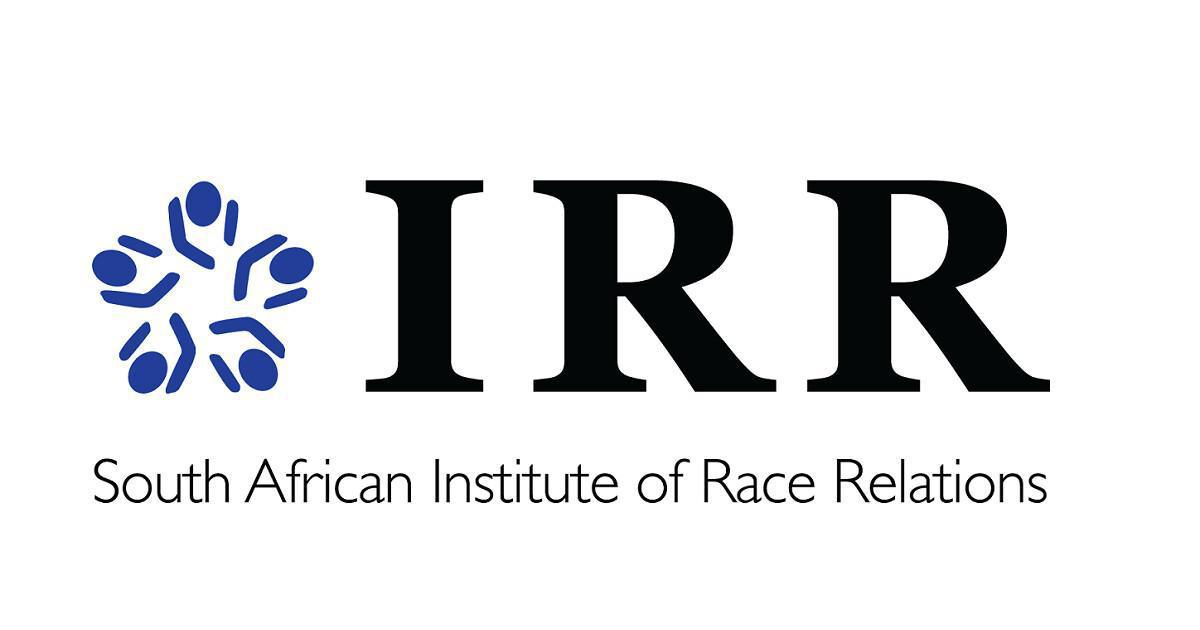The Institute of Race Relations (IRR) has recently unveiled a report that underscores the substantial financial burden imposed by Broad-Based Black Economic Empowerment (BEE) premiums on South Africa. The report, titled "Cut VAT & BEE," estimates that the legitimate cost of BEE premiums in public procurement is approximately R17 billion per annum. To put this into perspective, this amount is equivalent to the cost of constructing around 42,000 kilometers of new paved roads, enough to stretch from Cape Town to Beijing and back.
The IRR's analysis reveals that these premiums not only escalate the cost of delivering public services but also diminish value for money. For instance, when the government pays a premium to one supplier, less infrastructure gets built, ultimately affecting the quality and reach of public services. The report also highlights the waste due to corruption associated with the premium procurement system, estimated to be around R133 billion per annum. This figure aligns with the International Monetary Fund's (IMF) earlier estimate of avoidable waste in the region of R270 billion per annum.
In response to these findings, the IRR has put forth several recommendations to Parliament. These include making BEE "preference premiums" transparent and reducing these premiums in public procurement to R0. Such measures are deemed crucial to avoid raising Value-Added Tax (VAT) and Personal Income Tax (PIT), which would disproportionately affect low-income households. The IRR argues that reducing BEE premiums would free up significant resources that could be redirected towards essential development and service delivery, benefiting impoverished communities.
The report also draws attention to the broader economic implications of BEE policies. According to the IRR, BEE has evolved into a cumbersome system that stifles innovation and productivity, perpetuating a government-knows-best mentality. The World Bank and the State Capture report have echoed these concerns, emphasizing the need for transparency and efficiency in public spending.
In conclusion, the IRR's report calls for a re-evaluation of BEE premiums to enhance economic efficiency and reduce the financial burden on South African taxpayers. By addressing the inefficiencies and corruption associated with the current system, the government can ensure better value for money and more effective public service delivery.
DISCLAIMER: The material and information contained in this article is for general information purposes only. You should not rely upon the material or information in this article as the basis for making any business, legal or other decisions.


